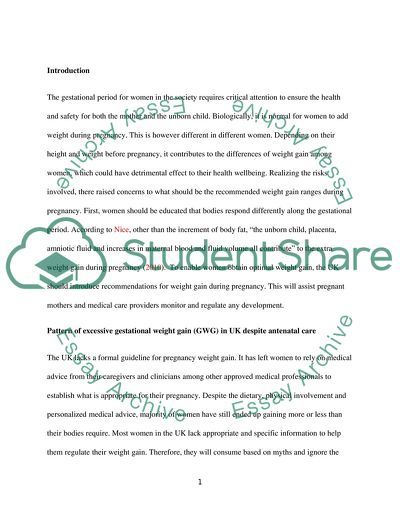Cite this document
(Should the UK Introduce Recommendations for Weight-Gain during Case Study, n.d.)
Should the UK Introduce Recommendations for Weight-Gain during Case Study. Retrieved from https://studentshare.org/health-sciences-medicine/1860566-nutrition-and-the-health-of-populations
Should the UK Introduce Recommendations for Weight-Gain during Case Study. Retrieved from https://studentshare.org/health-sciences-medicine/1860566-nutrition-and-the-health-of-populations
(Should the UK Introduce Recommendations for Weight-Gain During Case Study)
Should the UK Introduce Recommendations for Weight-Gain During Case Study. https://studentshare.org/health-sciences-medicine/1860566-nutrition-and-the-health-of-populations.
Should the UK Introduce Recommendations for Weight-Gain During Case Study. https://studentshare.org/health-sciences-medicine/1860566-nutrition-and-the-health-of-populations.
“Should the UK Introduce Recommendations for Weight-Gain During Case Study”. https://studentshare.org/health-sciences-medicine/1860566-nutrition-and-the-health-of-populations.


